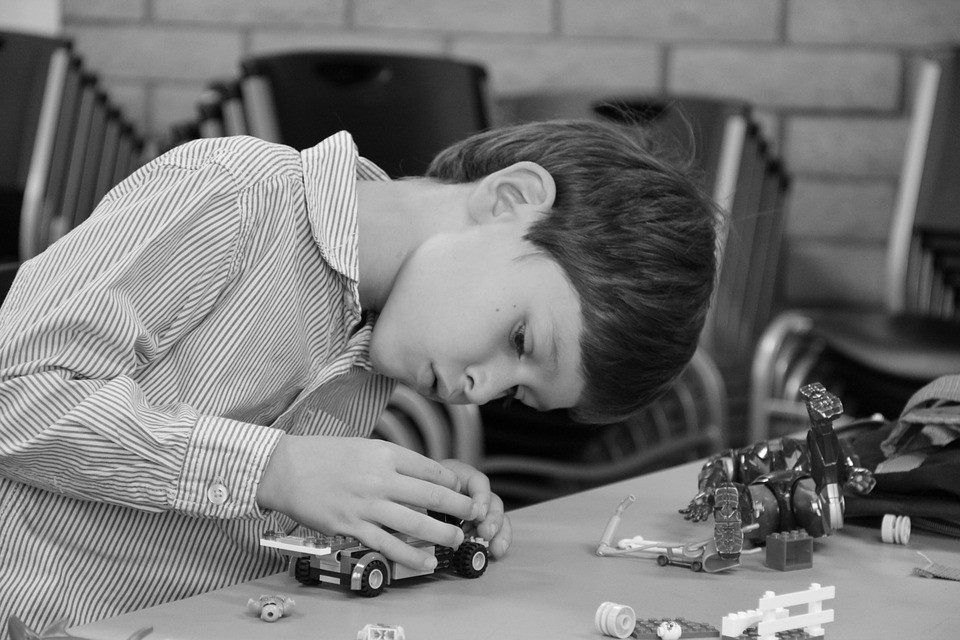The educational environment does not comprise of the only academic curriculum, but these are a host of activities to channelize the energies of children towards a fruitful direction. The domain of these activities is not restricted to intellectual development, but it encompasses the intellectual, emotional and social development as well. Right from exploring the interest of the child, to help them understand time management and leadership skills, these activities can foster various facets for a holistic development. The various benefits of these activities are innumerable.
1. Breaking the monotony: The teaching-learning process becomes monotonous for both teachers and students, hence to make it lively and interesting, this kind of activities help in changing the classroom environment.
2. Developing skills and competence: These activities are no longer termed as Extra-curricular activities, rather are termed as co-curricular activities. The importance of these is recognized since the ancient period. In the traditional system of education, the pupils were given training in music, dramatics warfare, and many others. Skill enhancement, improving expression, aesthetic development, character building, physical and spiritual growth are just a few aspects of personality which are touched in these activities.
3. Three S’s: A vital benefit of conducting these activities, is that it helps in socialization, self-assessment, and self-realization. These activities give a chance to students to mingle with each other in a semi-formal environment. Hence, the need and ways to socialize are checked in the formative years of child’s growth. It gives a chance to pupils to explore their worth and interests. These activities require control, sacrifice and adjustment, which are the basic requisites for a well-groomed personality.
4. Motivated learning: An incentive of a field trip after a hectic session may act as a booster for further learning. By breaking the monotony, and a thought of good relaxation may be helpful with the students who shirk away from studies.
5. Better behaviour and reduced selfishness: Studies have revealed that the activities aggravate a sense of belongingness, foster a sense of commitment to a cause or purpose, thus reducing a selfish behaviour.
6. Future prospects: Through the avenue of extra-curricular activities students find it much easier to gain admission into universities. Modern universities are more interested in recruiting students, who have something to offer besides academic qualifications. They seek out students who can make a contribution in other areas to the university and the society at large. Many universities and some schools make money, and gain prestige through their extra-curricular engagement in various areas.
Co-curricular activities are beneficial to students as they develop the individual, in the way classrooms alone cannot provide. These valuable life skills translate into a healthy and successful school life and beyond.




